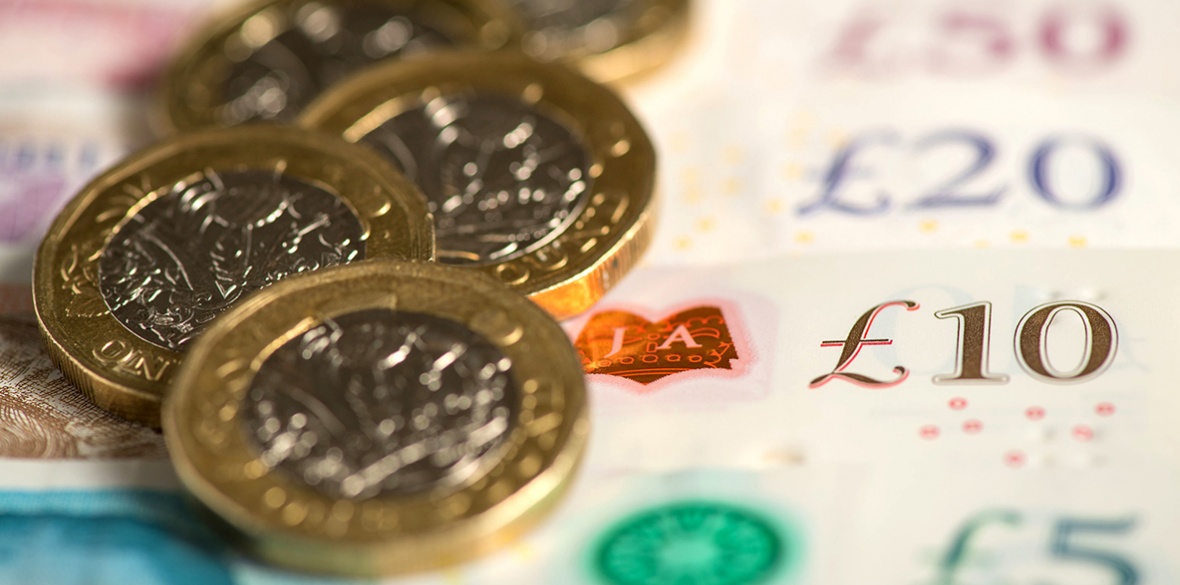This is the last article you can read this month
You can read more article this month
You can read more articles this month
Sorry your limit is up for this month
Reset on:
Please help support the Morning Star by subscribing here
UNIONS called for pay rises and better conditions for cleaners and security guards yesterday in recognition of the crucial role they have played during the coronavirus.
The report, produced by the TUC to mark International Justice Day for Cleaners and Security Guards, says low pay and job insecurity are “rife” in both sectors.
Researchers found that those working in low-paid, elementary occupations have suffered the highest death rates during the crisis, with security guards experiencing the highest mortality rate of any profession.
Despite subjecting themselves to huge risk, many remain on low pay and on insecure contracts, the union organisation added.
The TUC said its analysis showed that cleaners earn, on average, a third less than the median worker, and security guards earn a quarter less.
Three out of five cleaners and two out of five security guards are paid below the so-called real living wage of £9.30 an hour, it was estimated.
Workers in the two sectors are twice as likely to be on zero-hours contracts than the workforce as a whole, said the TUC.
TUC general secretary Frances O'Grady said: “Cleaners and security guards have played a vital role during this crisis, often at great personal risk.
“It is not right that so many are on low pay and on insecure contracts. The government and employers must do more to value the contribution these overlooked key workers make.
“That means giving them the personal protective equipment they need, bringing services back in-house and working with unions to improve pay and conditions.
“It is the very least cleaning and security staff deserve.”
The Rail, Maritime and Transport (RMT) union has also been campaigning for better pay for cleaners in the railway industry.
RMT general secretary Mick Cash said: "The penny is dropping that the rampant outsourcing of our cleaners is a massive problem.
“For decades, cleaners have been called ’non-core,’ non-essential workers and outsourced on that basis, condemned to low pay and insecurity. Well, now we’re seeing the cost of that folly.
“Cleaners are and always were essential workers, integral to the running of our railways, asked to put their lives on the line during a global pandemic but treated like second-class citizens.
“The government should use its clout on the railways to throw this failed experiment into reverse. Praise and warm words are easy but real justice takes action.”







